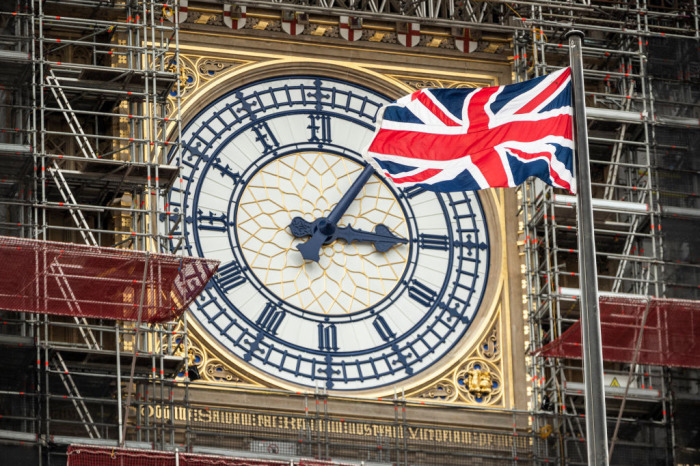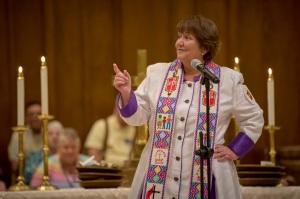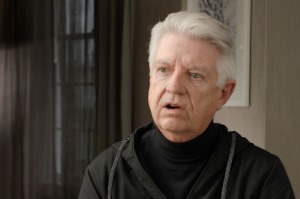UK Supreme Court weighs anonymity of doctors involved in end-of-life cases

The United Kingdom Supreme Court is hearing arguments this week on the extent to which courts can restrict public disclosure of the identities of medical personnel involved in emotionally charged end-of-life cases involving children.
The judicial review stems from appeals by parents who were forced by hospital trusts to withdraw life-sustaining treatment from their children against their wishes.
The session, scheduled to commence Monday and conclude Tuesday, features justices Lord Reed, Lord Hodge, Lord Briggs, Lord Sales and Lord Stephens, according to Christian Concern, whose legal arm, the Christians Legal Centre, is supporting the parents.
The justices will review a decision from the Court of Appeal that contested the lifetime anonymity previously granted to healthcare workers in similar cases.
The case is brought on behalf of the Abbasis and the Haastrups families. It challenges the broad injunctions that, until now, shielded the identities of involved medical staff, arguing that such measures infringe upon their rights to free speech.
The families of Archie Battersbee, Indi Gregory and Sudiksha Thirumalesh will reportedly attend the hearing.
The Abbasis family claims that a "toxic environment" surrounded their daughter's medical care, including the distressing incident where father Rashid Abbasis was arrested on video at the bedside of his 6-year-old daughter in intensive care.
The parents of Isaiah Haastrup, who endured his severe brain injuries due to negligence, also fought to stop the withdrawal of treatment from their 1-year-old son.
In both cases, Newcastle Upon Tyne Hospital NHS Foundation Trust and King's College Hospital NHS Foundation Trust received "extremely broad" reporting restrictions, the Christian Legal Centre contends.
"These restrictions have prevented the press from exploring the serious concerns that both sets of parents raised about the processes surrounding the treatment of their children," the legal group maintained in a statement.
"The gagging orders have prevented both sets of parents from telling the full stories of what happened to them. Reporting restrictions in such cases usually cease when the child's life ends. However, in these two cases the High Court ruled that they should continue indefinitely."
Supported by the CLC and with an intervention by the Free Speech Union, the cases involve the intersection of competing sections from the European Convention on Human Rights: the hospital staff's Article 8 privacy rights and the parents' Article 10 rights to freedom of expression.
Legal precedents in this area are shifting, Christian Concern noted.
The High Court initially sided with maintaining confidentiality indefinitely, emphasizing the need to protect medical professionals from potential backlash. However, this stance was overturned by the Court of Appeal, which emphasized the paramount importance of open justice and the rights of individuals to share their experiences publicly.
The Court of Appeal's March 2023 decision articulated that concerns for the well-being and morale of medical staff do not justify overriding the expressive rights guaranteed under Article 10. This ruling, now challenged, awaits a definitive verdict from the Supreme Court.
These legal proceedings also draw parallels with other notable end-of-life cases such as that of Thirumalesh, who died last year after suffering from a rare mitochondrial disorder. She was dependent on a ventilator and dialysis, and clinicians declared she was "actively dying."
The case involved contentious legal battles over the continuation of life-supporting treatments, with courts frequently siding with hospital authorities over the wishes of families.
Despite Sudiksha's ability to communicate and express her desires, legal constraints prevented public discourse about her treatment, including options for experimental therapy abroad. These gag orders, only partially lifted posthumously, have been the subject of intense criticism from rights groups advocating for transparency and accountability in medical practice.
The outcome of this week's hearing is poised to significantly influence the legal landscape concerning the balance between individual rights and professional confidentiality in the healthcare sector. The decision will set precedents affecting how the media and the legal system handle such sensitive cases in the future.
"Withdrawal of life support from a child is the gravest decision which the doctors and judges can ever make," said Andrea Williams, chief executive of the Christian Legal Centre. "Transparency is essential to ensure proper scrutiny of those decisions by the public and especially by the medical profession."
"We know from experience that even in cases of profound disagreements between families and doctors, most families have a lot of praise for health professionals who had done their best for their child," she added. "There may sometimes be criticisms of particular actions by particular doctors. The best way to get to the truth of the matter is through open courts. Professionals who have done nothing wrong have nothing to fear from transparency."




























